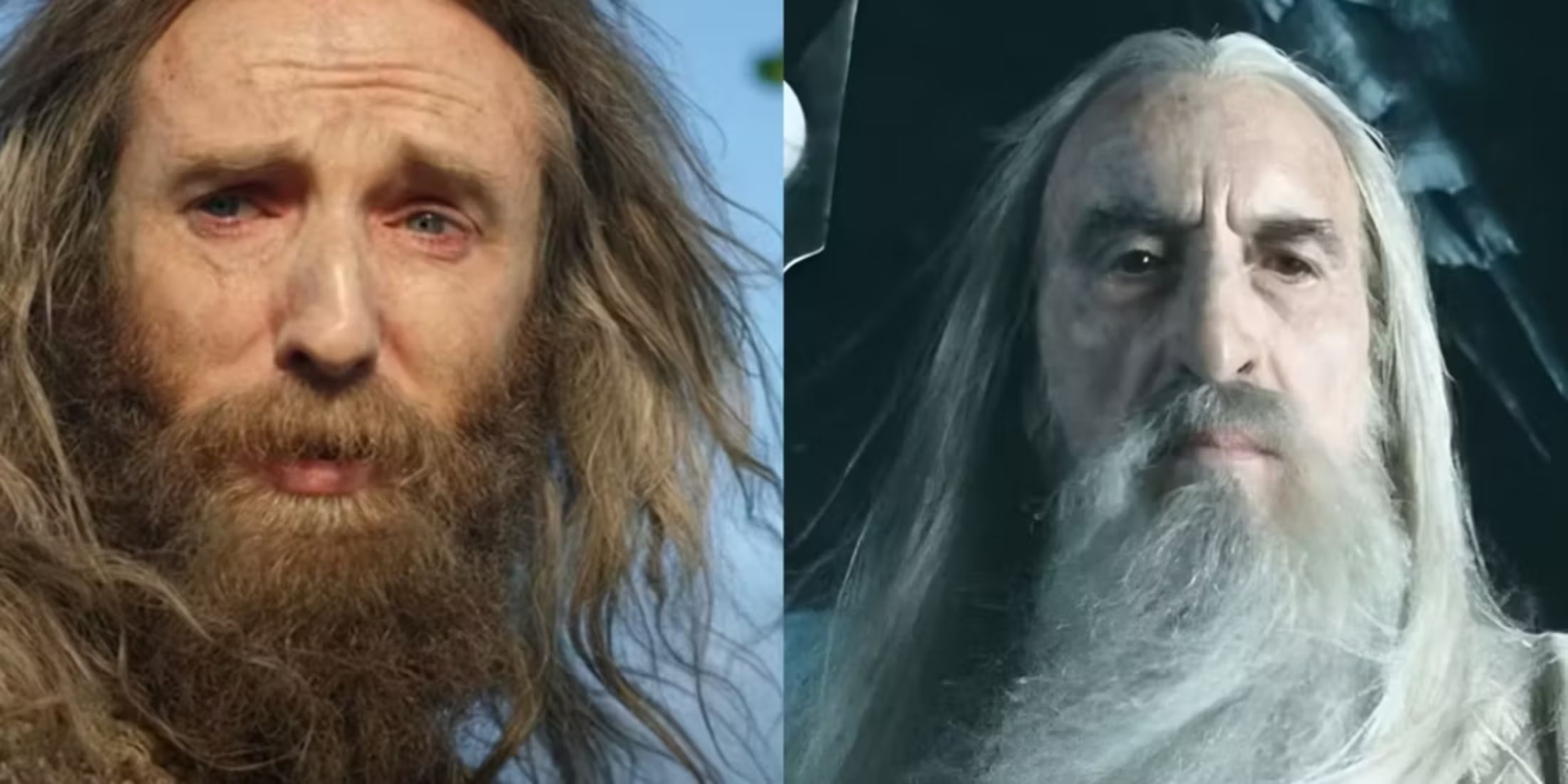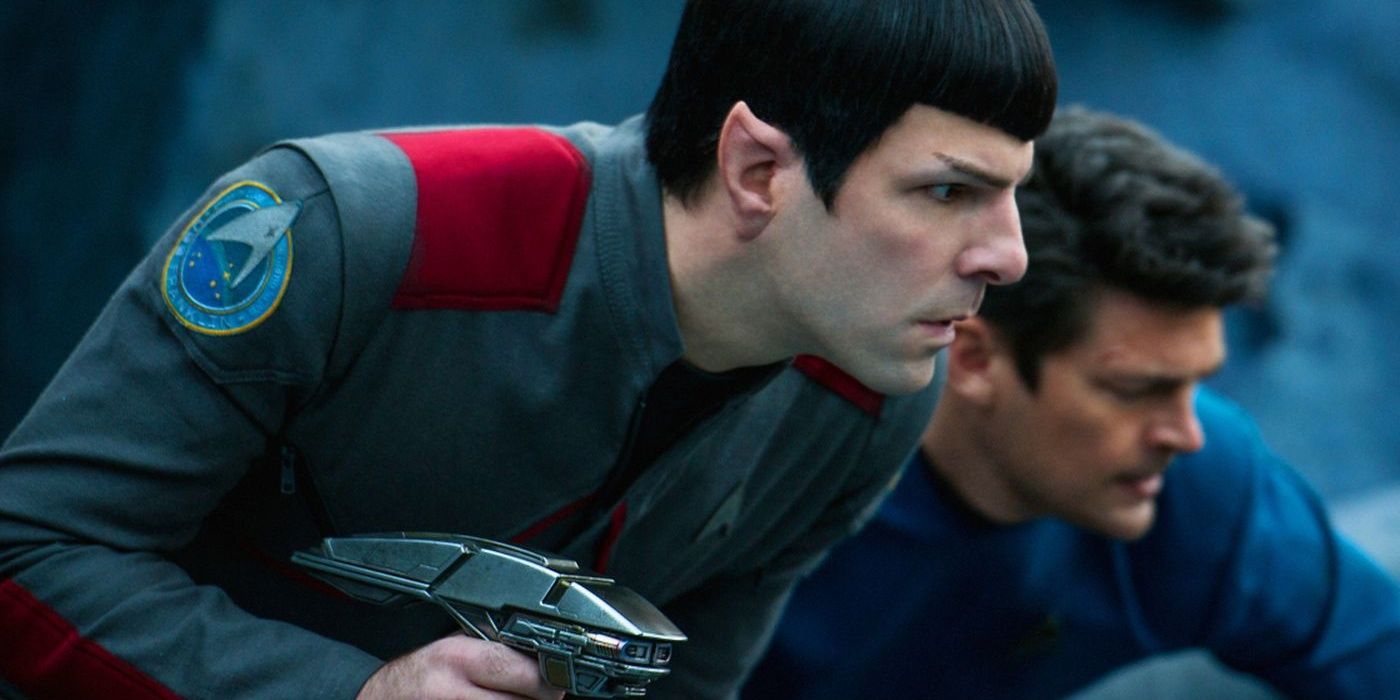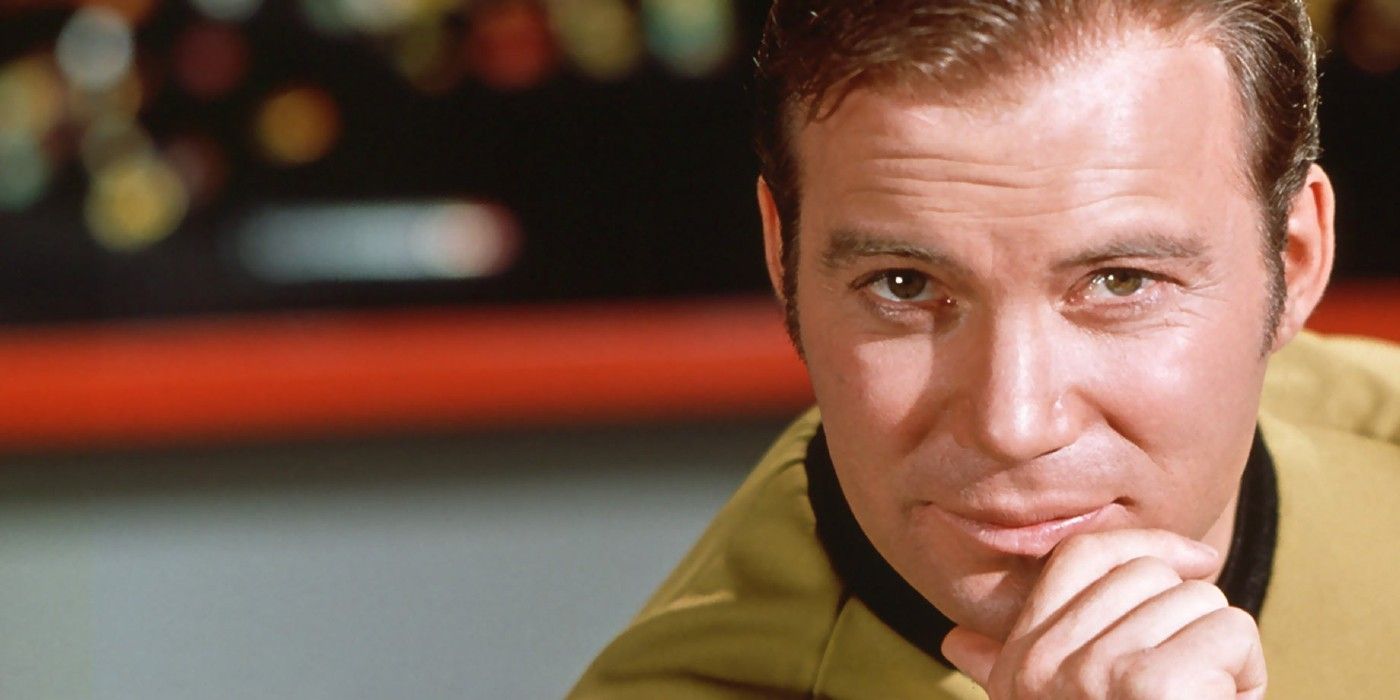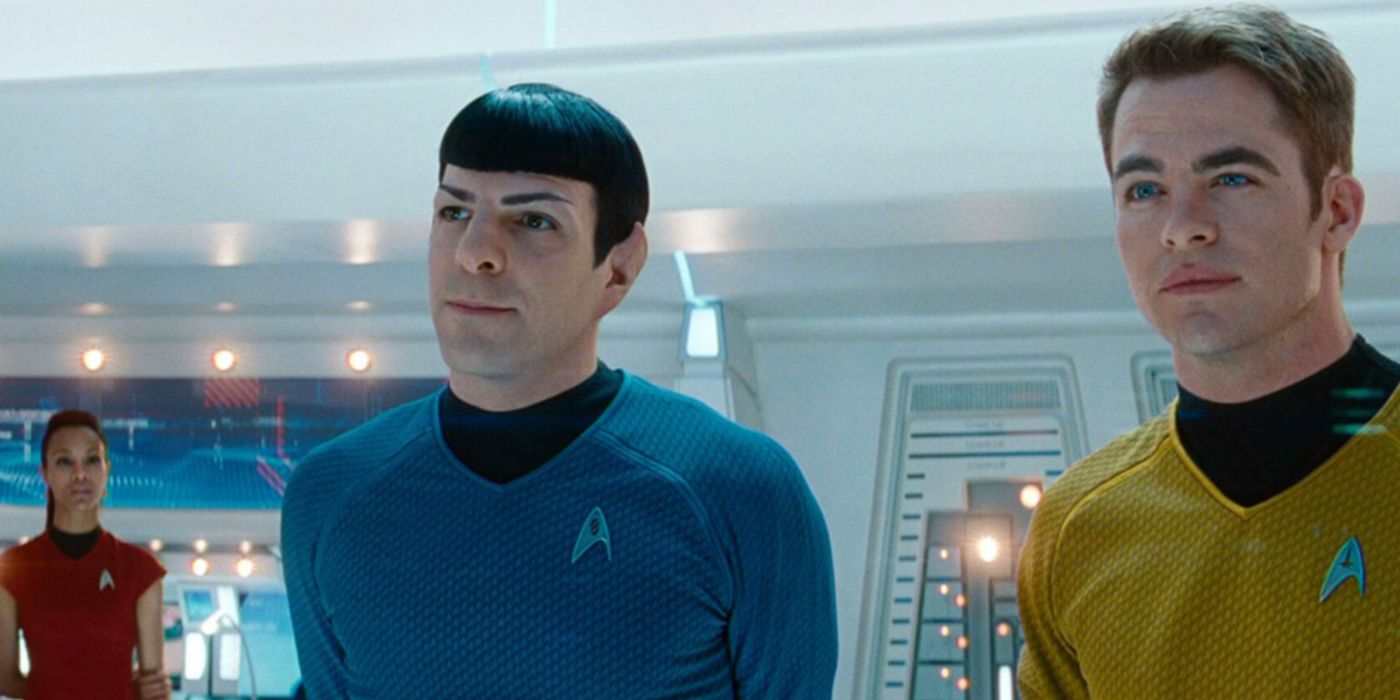Some reboots fail because they're shameless cash-ins that only use the marketable name, others fail because the work doesn't fit into the new era. Some particularly fascinating attempts, however, fall apart simply because either the creators or the studios have fundamentally misunderstood the source material.
The original Star Trek films have their ups and downs, as did the numerous seasons and spin-offs on TV, but they all at least attempt to recapture the spirit of the original series. Something happened around the late 2000s that caused the Star Trek franchise to change in a way that most fans seem to hate, and most newcomers didn't respond to.
The original Star Trek franchise may be history's most popular example of utopian fiction. The crew of the USS Enterprise toured the universe, solved problems, and even participated in combat, but the series' ultimate message was one of peaceful coexistence. Star Trek's Earth is one where war has been rendered obsolete, futuristic technology has completely solved inequality and all of humanity has come together in pursuit of a noble goal. This was just as powerful a notion at the time of its release as it is today, in the face of a human race racked with war, poverty, and division. Star Trek is about a coalition of humans seeking to do good across the galaxy. It's intelligent, empathetic, adventurous, but above all else, optimistic.
Series creator Gene Roddenberry was a dedicated and award-winning humanist, a philosophy concerned with the inherent agency of the species and its responsibility to the world around it. In many ways, Star Trek is a humanist view of an ideal future, which is a type of story that the world doesn't get to see very often. Unfortunately, the modern incarnation of Star Trek boldly goes far away from that concept, into something much less rare and much less interesting.
2009's Star Trek, written by Roberto Orci and Alex Kurtzman and directed by J. J. Abrams, is an action film that borrows little more than proper nouns from its source material. The film is fairly solid as an action blockbuster, but it really doesn't have much to offer in terms of science-fiction. It's just action schlock packed with references to stuff people might remember. The plot is extremely slim, set as a prequel to the original work that forges a new timeline. There aren't any creative solutions to problems, there's no thoughtful consideration, there's no clever subtext, there are only lasers and explosions. The sequel took all of those problems and amplified them several times over, cementing the problem.
Star Trek: Into Darkness is, like its predecessor, a well-made action movie with excellent visual effects and outstanding performances that is failed by its script. Orci and Kurtzman are joined by Damon Lindelof, best known as the co-writer of Prometheus, but the writing has not improved. The primary draw of the film is the mass destruction, gunfights, protracted battle scenes, and massively overblown action set-pieces.
The film centers around a new take on beloved villain Khan, here reimagined as a galactic terrorist and vengeful mass murderer who lays siege to massive chunks of society. Everything is solved by violence, from both sides of the conflict. The narrative of both films is most comparable to a poorly conceived Mission: Impossible sequel set in deep space. This is to be expected when the studio hired the writers and directors based entirely on their work on Mission: Impossible III. This cuts to the heart of the problem; these movies are dumb action blockbusters because the studio wants dumb action blockbusters.
The dominating Hollywood wisdom is a follow the leader mindset, anything that's popular will be recreated ad infinitum. No modern studio would greenlight anything as slow or contemplative as the original Star Trek: The Motion Picture with a name as profitable as Star Trek. That brand name guarantees a certain box office take, regardless of marketing, quality, or relevance to the source material. It's just the assumed default setting that any film above a certain budget should be packed with explosions and shouting.
As stifling as these constraints are, Abrams, Orci, and Kurtzman could have still made a great Star Trek film, but instead, they settled for a futuristic Fast & Furious with constant fan-service callbacks. So much so that the third film hired Fast & Furious standby Justin Lin. That third film, Star Trek: Beyond is unquestionably the best, and a very good action film in its own right, but it still has trouble feeling like its source material.
Modern cinema still creates some truly powerful science-fiction, it just doesn't come with the same price tag and can't carry the same name. Annihilation, Arrival, District 9, and many more brilliant standouts by clever creators who still have the same spark that made Roddenberry create Star Trek. It's just a shame that the beloved franchise is chained to its own success.






